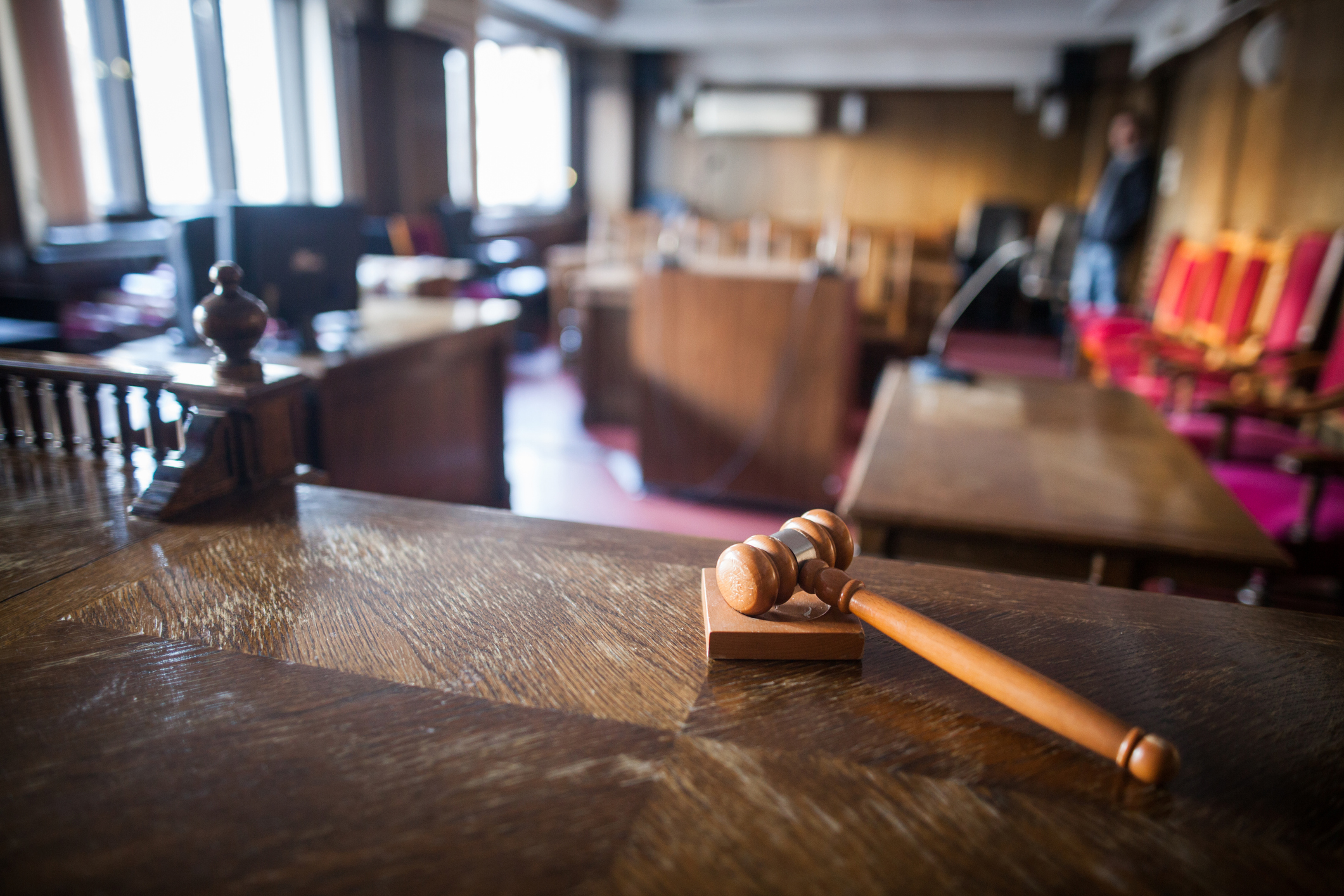Most states categorize crimes as misdemeanors or felonies. New York falls in line with this. Felonies are considered to be more serious crimes than misdemeanors and the relative sentences that come with these crimes reflect that. Felonies carry more substantial prison sentences and fines than misdemeanors. Additionally, a felony conviction may result in a loss of civil rights such as voting rights and the ability to keep some professional licenses or hold certain public offices. While misdemeanors may not have penalties as severe as felonies, they still carry serious and lasting consequences that should not be taken lightly.
What are the Punishments for Misdemeanors?
New York has three different classes of misdemeanors. There are Class A, Class B, and unclassified misdemeanors. Each of these classes has maximum penalties assigned to it. Some offenses may have statutorily required sentences to impose but most people convicted of a misdemeanor will be sentenced by a court to pay a fine, to do jail time, or both. There are also certain circumstances where a court will consider alternatives to jail time, such as probation.
Class A misdemeanors are just one step down from a felony-level crime and are the most serious misdemeanor offenses. Class A misdemeanors include crimes such as:
- Petit larceny
- Carrying a gun without a permit
- Second-degree criminal impersonation
- Unauthorized radio transmission
- Third-degree identity theft
- Forcible touching
- Sexual misconduct
- Assault in the 3rd degree
If you are convicted of a Class A misdemeanor, you could go to jail for up to one year and be fined up to $1,000. The court has discretion in sentencing and the severity of the punishment will largely depend on factors such as the severity of the crime committed and the number of prior offenses the defendant has on record.
Class B misdemeanors are considered to be less serious than Class A misdemeanor offenses. Examples of Class B misdemeanors include:
- Issuing a bad check
- Fortune-telling
- Prostitution
- Unlawful assembly
- Prostitution
- Harassment in the 1st degree
If you are convicted of a Class B misdemeanor, you face a possible jail sentence of up to 3 months and up to $500 in fines.
The category of unclassified misdemeanors includes misdemeanors ranging in severity. Conviction of an unclassified misdemeanor will require a jail sentence and/or payment of a fine that is set forth by the law or ordinance that defines the offense committed. Commonly committed unclassified misdemeanors include several serious driving offenses, such as:
- Driving while intoxicated
- Reckless driving
- Aggravated unlicensed driving
Courts exercise discretion in sentencing many individuals convicted of misdemeanor offenses. The severity of the crime committed is taken into consideration. The criminal history of the defendant will also be taken into consideration. The first time, non-violent offenders will often be granted some leniency in sentencing. A court may choose alternate sentences for a convicted individual. This could mean probation and community service in lieu of jail time.
Our Queens Criminal Defense Lawyer Can Help
In addition to fines, jail time, probation, and community service facing those convicted of a felony, there are other lasting consequences of the conviction. For instance, a misdemeanor conviction will end up on a criminal record. This means that whenever you have a background check, whether it be for employment purposes or housing purposes, the misdemeanor conviction will come up. At Heiferman & Associates, we fight for our clients. We rigorously defend our clients to help prevent a criminal charge from becoming a criminal conviction. Contact us today.

